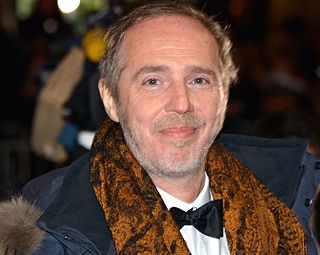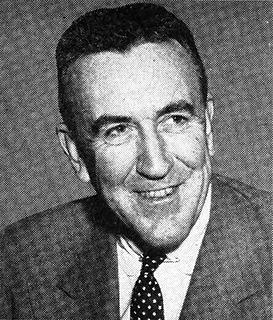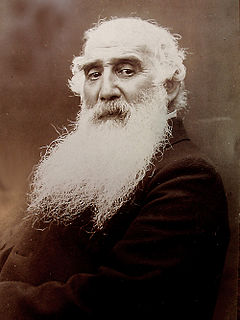A Quote by H. P. Lovecraft
My reason for writing stories is to give myself the satisfaction of visualising more clearly and detailedly and stably the vague, elusive, fragmentary impressions of wonder, beauty, and adventurous expectancy which are conveyed to me by certain sights (scenic, architectural, atmospheric, etc.), ideas, occurrences, and images encountered in art and literature.
Related Quotes
Nothing is really typical of my efforts... I'm simply casting about for better ways to crystallise and capture certain strong impressions (involving the elements of time, the unknown, cause and effect, fear, scenic and architectural beauty, and other seemingly ill-assorted things) which persist in clamouring for expression.
It has seemed to me that literature, as I meant it, was embattled, that it was increasingly difficult to find writing doing what I thought literature should do - which was simply to push people into changing their ideas about the world, and to go further, to encourage us in the work of changing the world, to making it more just and more truly human.
I'm always writing towards a discovery. When I'm writing poems in particular, I'm often writing because a few images coalesced in my mind and I thought, "I wonder why these images are abrading against each other. I wonder what happens if put them in a poem and explore them." I'm trying to learn something every time I write a poem.
You can use your means in a good and bad way. In German-speaking art, we had such a bad experience with the Third Reich, when stories and images were used to tell lies. After the war, literature was careful not to do the same, which is why writers began to reflect on the stories they told and to make readers part of their texts. I do the same.
Plot involves fragmentary reality, and it might involve composite reality. Fragmentary reality is the view of the individual. Composite reality is the community or state view. Fragmentary reality is always set against composite reality. Virginia Woolf did this by creating fragmentary monologues and for a while this was all the rage in literature. She was a genius. In the hands of the merely talented it came off like gibberish.
An enormous amount of art and literature is erotic in the sense that it stimulates vague sexual emotions, but it has no pornographic intention or effect because "it leaves everything to the imagination." The consumer has to invent his own images, and it is felt, I do not know with what justification, that there is no harm in this.
It is that faculty by which we discover and enjoy the beautiful, the picturesque, and the sublime in literature, art, and nature; which recognizes a noble thought, as a virtuous mind welcomes a pure sentiment by a involuntary glow of satisfaction. But while the principle of perception is inherent in the soul, it requires a certain amount of knowledge to draw out and direct it.





































